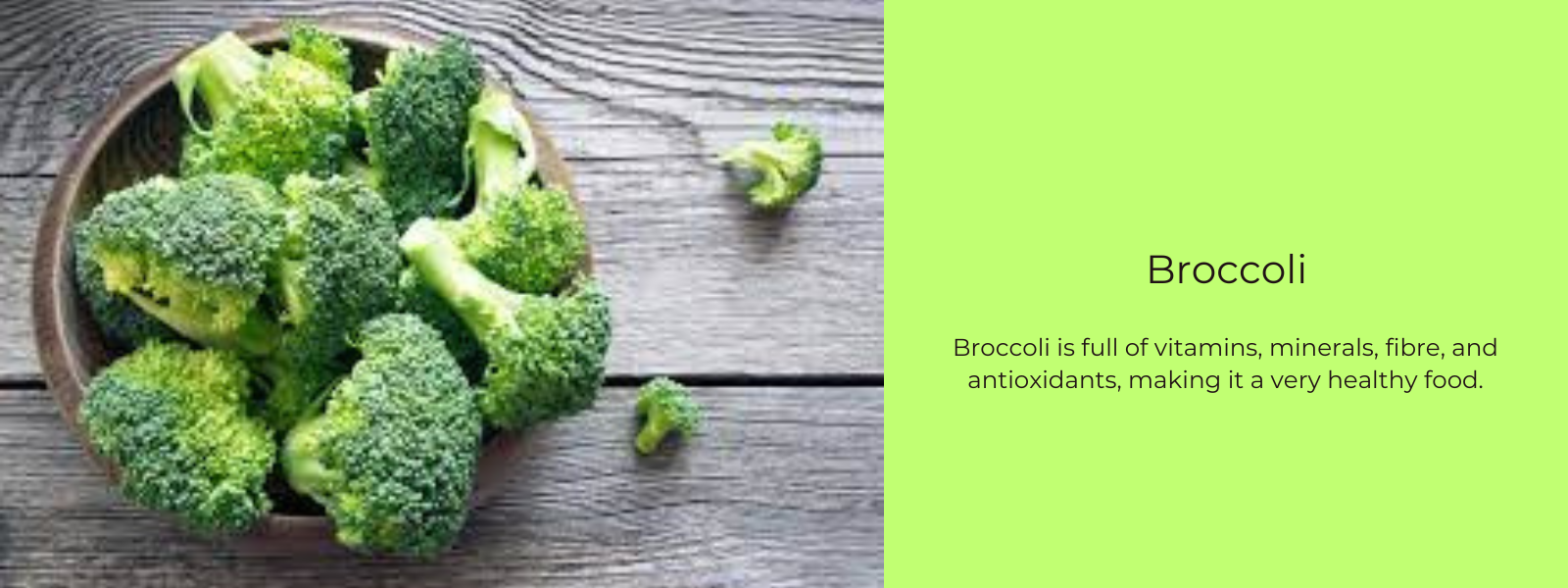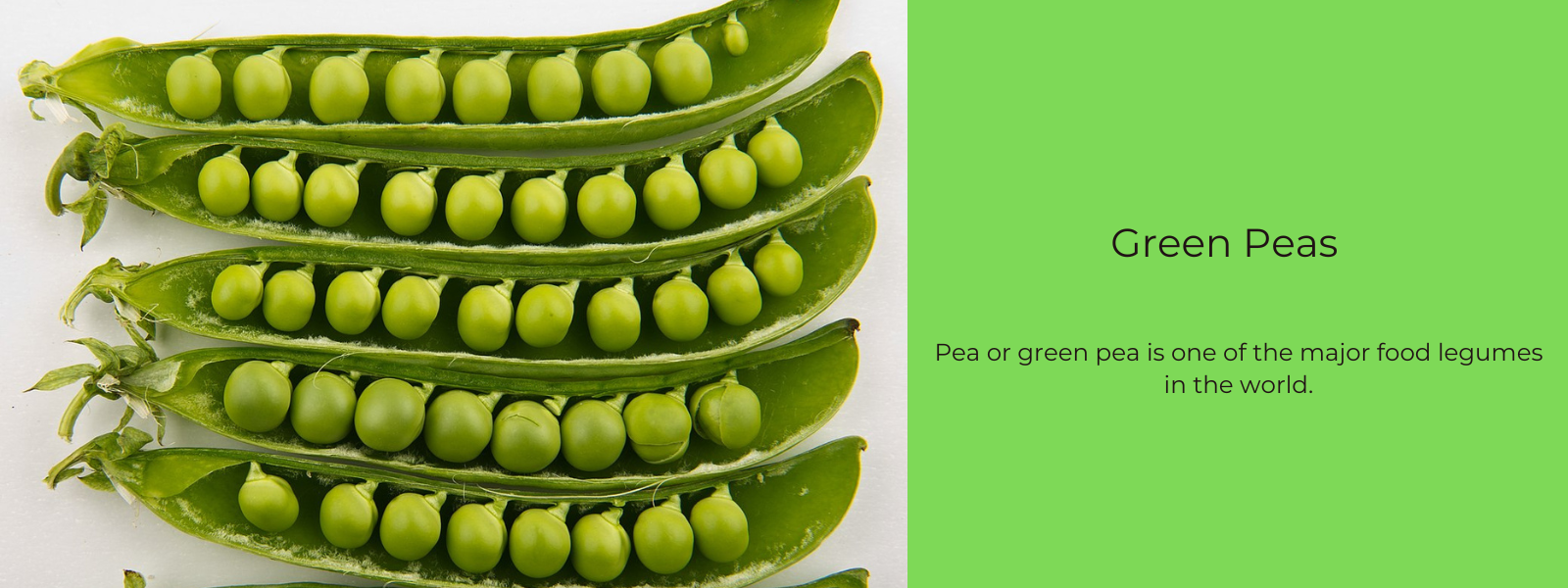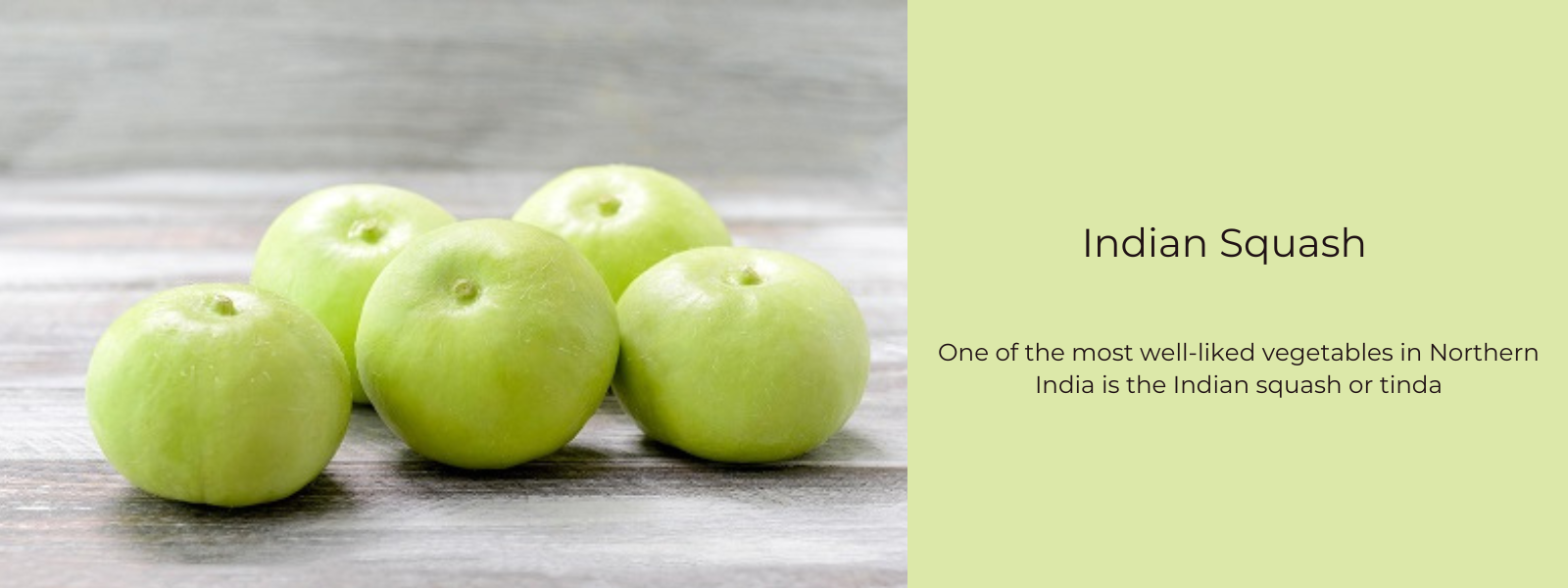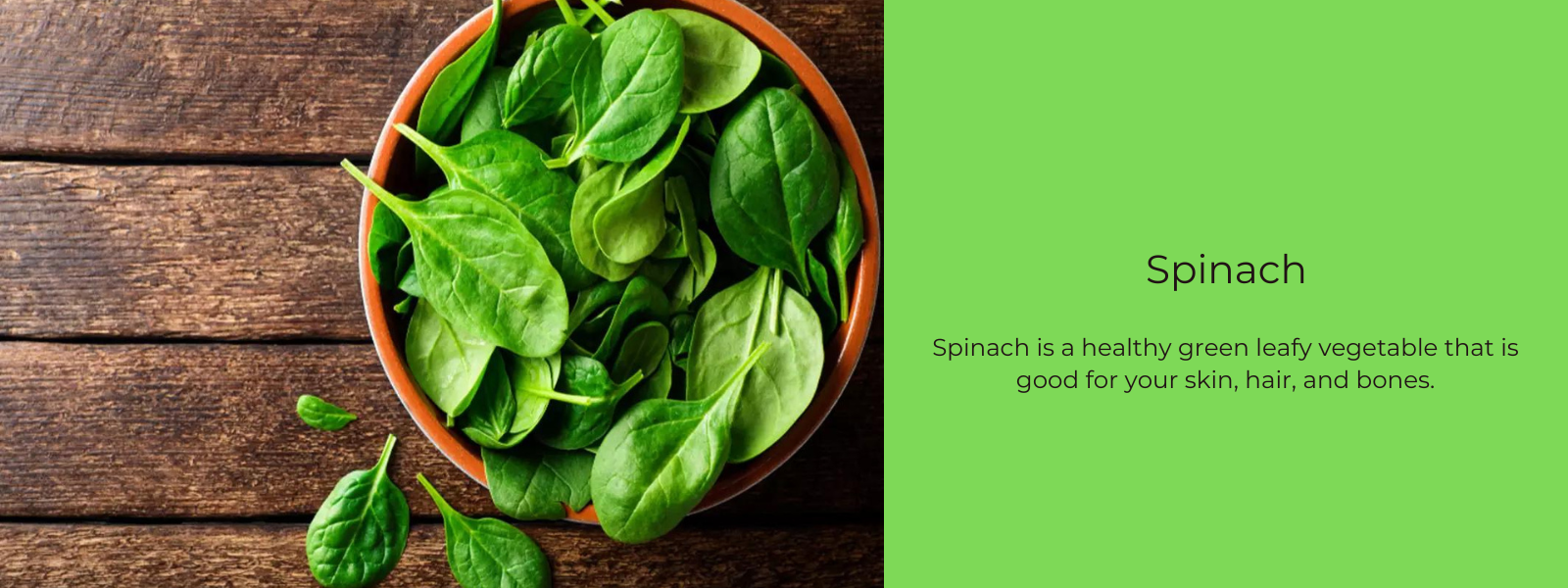Ivy Gourd, also known as Coccinia grandis, is a tropical vegetable widely used in traditional cuisines and medicinal practices across Asia and Africa. This climbing plant, often referred to as "kundru" in India, is cherished for its unique taste and exceptional nutritional value. Packed with vitamins, minerals, and antioxidants, Ivy Gourd is not only a versatile ingredient in the kitchen but also a powerhouse of health benefits. From regulating blood sugar levels to improving digestion, this humble vegetable has gained recognition for its remarkable medicinal properties.
Ivy gourd is a common vegetable in many parts of Asia and Africa. This rapidly-growing climbing vegetable looks like a watermelon. It has several culinary applications. Kovakkai has several useful properties, and its various parts can be applied topically as a paste or taken internally as a tonic.
Table of Contents
What is ivy gourd?
The botanical name for Ivy Gourd is Coccinia grandis, also commonly known as Scarlet Gourd. It is a beloved vegetable in regions like West Bengal and the northeastern state of Assam. Beyond India, Ivy Gourd is cultivated in several Southeast Asian countries and is known by various names, including tendli, kovakkai, kundru, and dondakaya.
In some parts of the world, the entire Ivy Gourd plant is consumed, while in others, only the tender young shoots are preferred. This versatile vegetable is widely grown in many Asian and African countries. The plant, a fast-growing climber, is propagated using its seeds or cuttings. Remarkably, Ivy Gourds grow at a rate of approximately 4 inches per day and produce beautiful flowers before yielding the vegetable.
While Ivy Gourd is appreciated for its culinary versatility, its most significant value lies in its health benefits, making it a prized addition to both diets and traditional medicine.
Origin and cultivation of ivy gourd:
Ivy Gourd (Coccinia grandis), believed to have originated in tropical regions of Asia and Africa, has been cultivated for centuries for its culinary and medicinal uses. This hardy climbing plant thrives in warm climates and is widely grown across India, Southeast Asia, and parts of Africa. It adapts well to various soil types and requires minimal maintenance, making it a popular crop among farmers. Ivy Gourd is propagated through seeds or cuttings, with its fast-growing vines capable of producing vegetables within a few weeks. The plant grows abundantly in tropical and subtropical regions, where it is often cultivated in home gardens or small farms, showcasing its importance as a staple vegetable in traditional diets.
Nutritional profile of ivy gourd:
Traditional medicines made from Ivy Gourd fruit are highly effective in treating various disorders and infections. The leaves of this climber possess antihistamine and mast cell-stabilizing properties, which are utilized to address conditions such as fever, bronchitis, jaundice, and osteoarthritis.
Rich in beta-carotene, Ivy Gourd supports heart health and helps maintain a strong, healthy heartbeat. Known as "baby watermelon" due to its appearance and mild sweetness, this fruit is packed with essential vitamins, minerals, and nutrients that promote overall well-being.
Nutritionally, Ivy Gourd contains 1.6 mg of dietary fiber, 0.07 mg of vitamins B1 and B2, 40 mg of calcium, and 1.4 mg of iron per serving. Like watermelons, this fruit has a high water content, making it a hydrating and nutritious addition to any diet.
Health benefits of ivy gourd:
Strengthens the Nervous System
Ivy gourd, like watermelon, is an excellent source of B2 and other water-soluble vitamins, which are crucial for maintaining stamina. The mineral content, dietary nutrients, and antioxidants in Ivy gourd support a stronger nervous system. Conditions such as epilepsy, multiple sclerosis, and Alzheimer's can be better managed with Ivy gourd, as its anti-inflammatory properties and vitamin B6 work synergistically to alleviate symptoms, including those of Carpal Tunnel Syndrome.
Improves Metabolic Rate
Ivy gourd is rich in thiamine, a vital vitamin that regulates metabolism and helps convert carbohydrates into glucose, keeping energy levels high. Thiamine also aids in the production of red blood cells (RBCs), promoting overall vitality. This vegetable not only boosts energy but also helps in treating certain hereditary metabolic disorders.
Stimulates Digestion
Ivy gourd is beneficial for digestive health due to its high fiber content, which aids in digestion and improves bowel regularity. It helps alleviate constipation, ulcers, and other gastrointestinal issues, promoting a healthier digestive system overall.
Prevents Kidney Stones
Ivy gourd helps prevent kidney stone formation by preventing the crystallization of calcium and other minerals in the urinary tract. Combining the calcium in Ivy gourd with that found in other vegetables, such as spinach, can help in treating and preventing kidney stones, especially those caused by high salt intake.
Boosts Immunity
Ivy gourd contains numerous bioactive compounds, including saponins, alkaloids, steroids, flavonoids, and glycosides. These compounds enhance the body’s immune response, protecting against anaphylactic shock and other allergic reactions.
Cures Infections
Ivy gourd has powerful antibacterial properties that make it effective in treating infections such as scabies and leprosy. A paste made from its roots, fruit, and leaves is used to alleviate these conditions naturally, offering an effective, all-natural remedy for bacterial infections.
Regulates Blood Sugar
Ivy gourd is traditionally used in Ayurvedic medicine to treat diabetes. Its leaves and stems can be consumed in various forms, such as cooked or added to stews and soups. Regular consumption of raw Ivy gourd leaves has been shown to improve glucose tolerance, significantly regulating blood sugar levels.
Prevents Obesity
Studies suggest that Ivy gourd can help prevent obesity by inhibiting the maturation of precursor cells into fully developed adipocytes. It also helps lower blood sugar levels and accelerates metabolism, making it a key ingredient in many traditional Indian dishes that promote weight management.
Keeps Energy Levels Up
Ivy gourd is a good source of iron, a vital mineral for maintaining energy levels and preventing anemia. With a content of 1.4 mg of iron per serving, it helps sustain vitality, health, and fitness. Regular consumption of Ivy gourd can prevent or treat health issues related to iron deficiency, such as anemia.
Prevents Cancer
Due to its high beta-carotene and antioxidant content, Ivy gourd has cancer-preventative properties. These nutrients help prevent the growth and proliferation of cancer cells, making Ivy gourd a valuable food for reducing cancer risk.
Good for Heart Health
Ivy gourd is rich in potassium, a mineral that regulates blood flow and helps prevent heart disease. The potassium content of Ivy gourd supports overall heart health and ensures proper cardiovascular function.
Uses of Ivy gourd:
Ivy gourd is beneficial to health in many ways. Children who wet the bed are treated with a paste made from the ground-up root. Ivy gourd is a useful plant for healing mouth sores. Wrapping wounds in the leaves might help minimise swelling.
You can also drink a tonic made from the juice of ivy gourd leaves. The juice is effective in the treatment of diabetes, jaundice, and the maintenance of normal blood sugar levels. When dealing with skin conditions like ringworm or eczema, ivy gourd paste can be administered topically. The plant's fruit is a vegetable in and of itself.
Meyer Pre-Seasoned Cast Iron Two Side Handle Flat Tawa Pan,30cm
Culinary uses of ivory gourd:
- Ivy gourd soup can be made with rice and noodles or eaten on its own.
- You can make it into a pickle.
- It goes well with other veggies in sambar.
- You can eat it deep-fried, stuffed with masala, and cooked in a curry sauce.
Side effects of Ivy gourd:
Although ivy gourd is generally safe for human consumption, it may cause unwanted reactions in certain people. Medicines are made from the plant's leaves, fruit, and even stem. Ivy gourd might cause skin irritation in certain people.
Conclusion:
Ivy Gourd is much more than a simple vegetable—it’s a natural remedy for various health issues. Its ability to regulate blood sugar, improve immunity, and support overall well-being makes it a valuable addition to any diet. Whether used in traditional recipes or as part of a health-focused meal plan, Ivy Gourd offers a delicious and nutritious way to enhance your lifestyle. Embracing the benefits of this versatile plant is a step toward better health and vitality.













Leave a comment